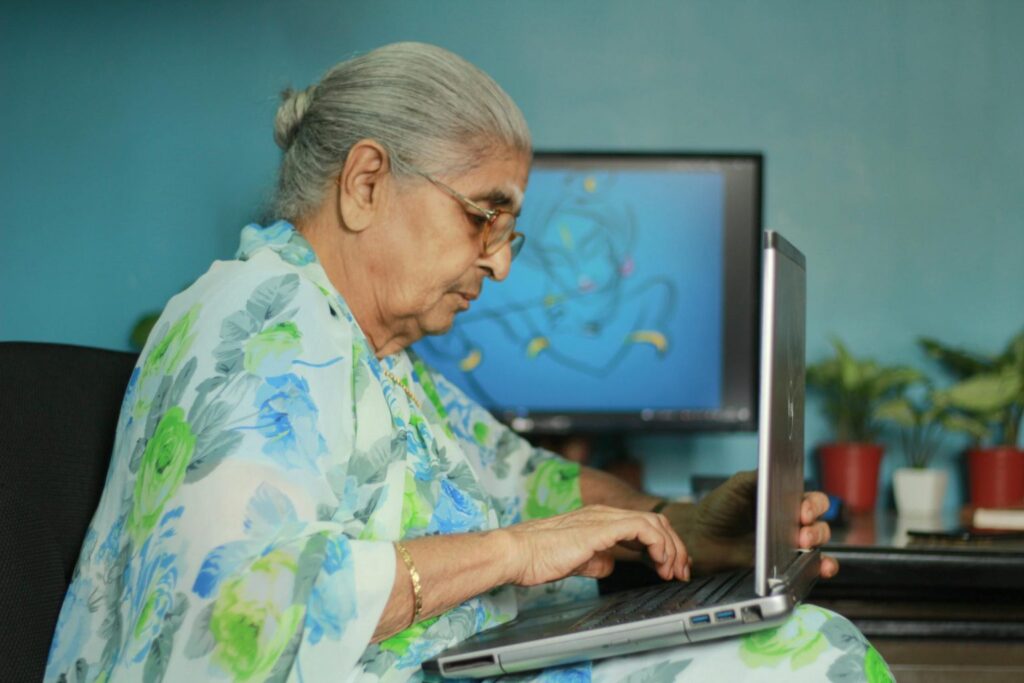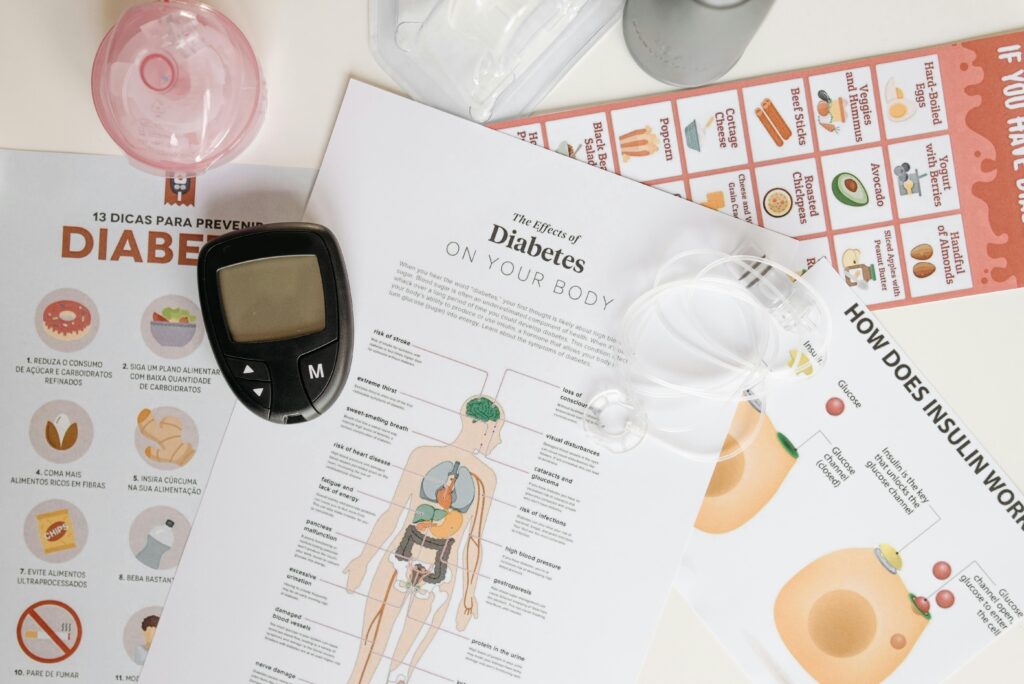Alzheimer’s touches millions of families. For many, it is a private and painful journey: the slow shrinking of memory, the small losses that add up, the new role of caregiver, and the heavy mix of grief and devotion. When public figures speak about their own families’ experiences, their words travel far. They humanize the illness, reduce stigma, and encourage families to seek help and speak openly.
This feature brings together real stories — from Indian artistes to international figures — who have shared pieces of their experience caring for loved ones with Alzheimer’s. Their honesty helps us all: it reminds caregivers they are not alone, it urges communities to be kinder, and it underscores the practical and emotional sides of care.
Why celebrity stories matter
Famous voices reach millions. When a well-known person speaks about Alzheimer’s — whether in an interview, a memoir, or a film — the topic moves from hushed talk to public conversation. This matters because:
- It normalizes asking for help and seeking medical advice.
- It encourages open family conversations about planning, safety, and care.
- It draws attention to the emotional toll on caregivers, prompting calls for support and services.
Hearing a trusted public figure say, “This happened to my family,” makes it easier for ordinary families to say the same.
Indian voices: familiar faces, honest words
Shabana Azmi: “We don’t remember anyone’s name”
Veteran actor Shabana Azmi has spoken frankly about memory loss and the emotional challenges of caring for aging parents. Reflecting on the difficulty of watching memory fade, she is quoted as saying, “Naam toh kisi ka yaad hi nahi rehta hai (We don’t remember anyone’s name).”
She has also reflected on how elders who were fiercely independent find it hard to accept help: “They never knew they would need any kind of assistance… it was a huge transition for them.” These lines capture the wrenching shift elder families often face when roles reverse and care becomes necessary.
Seema Deo and the family’s public grief
Veteran actress Seema Deo’s family publicly acknowledged her struggle with Alzheimer’s in recent years. Her son and family spoke about the emotional void her passing left, and the family’s public statements helped raise awareness of the disease and its impact on families.
Their openness is a reminder that dementia is common and that public acknowledgement can encourage families to seek early help.
Aneet Padda: “The mind forgets, the heart does not”
Aneet Padda, an actor whose family recently shared that her grandfather has Alzheimer’s, described how her grandfather sometimes does not recall names but still recognizes feelings and moments.
She said her grandfather “doesn’t remember my name” yet “recognised her in [her film] — that was very special,” echoing the comforting idea that emotional memory often outlasts factual recall.
Her comment, translated in headline form as “dimaag bhool jaata hai, dil kabhi nahi bhoolta” (“the mind forgets, the heart never does”), has resonated with many families.
International voices: personal truth on a public stage
Ronald Reagan: a letter that changed conversations
When U.S. President Ronald Reagan publicly announced his Alzheimer’s diagnosis in 1994, his letter brought enormous attention to the disease. Reagan’s decision to speak openly — in a clear, personal message to the nation — helped change how public figures and families discussed memory loss.
His announcement still stands as a pivotal moment in Alzheimer’s awareness worldwide.
Gracie Otto on Barry Otto: tenderness and honesty
Filmmaker Gracie Otto has documented her father Barry Otto’s journey with Alzheimer’s, speaking publicly about both grief and the surprising tender, humorous moments that remain.
Gracie noted the painful shock of the disease’s late phase but also the lighter moments: “There was a really nice time where you just had to be happy with what you got with him because he was so funny. He’s still funny.”
Her work — filming and preserving daily life — becomes a moving example of how families can hold memory in different ways: through stories, recordings, and shared laughter.
What these stories teach families and caregivers
When public figures speak up, we can draw practical lessons for everyday caregiving:
- Language matters — speak about the person, not just the disease.
Celebrities often describe small, human moments (a smile, a nickname, a shared joke). These details remind families to focus on the person behind the diagnosis: their likes, habits, and history. - Emotional memory often outlasts facts.
Several stories — including Aneet Padda’s — highlight how affection, tone, and familiar images can connect even when names or dates are lost. Using music, photos, and favorite objects can spark connection. - Plan openly and early.
Public accounts often include references to the difficult transition from independence to dependence. Early conversations about care preferences, legal and medical planning, and home safety make later decisions less fraught. - Preserve stories and moments.
Gracie Otto’s documentary approach (recording, archiving) shows a way families can preserve identity beyond memory: videos, voice recordings, and written memories become precious records for future reflection. - Caregiving is emotionally demanding — seek support.
When celebrities recount their sadness or exhaustion, it normalizes caregiver stress. Support groups, respite services, and counseling are practical resources that families should seek without shame.
Practical tips families can take from these public stories
Drawing from the themes that run through celebrity accounts and family experience, here are concrete steps families can adopt:
- Create a memory corner. Keep a small shelf with labelled photos, familiar objects, and a simple written timeline (names and relations) to help with orientation.
- Use meaningful music and scents. Play songs from the person’s youth or chewable spices and smells associated with home—they often unlock emotional memories.
- Record short daily videos. Even one-minute clips of family greetings or shared meals can become comforting anchors.
- Keep a medicines and appointments diary. A simple, written plan reduces errors and eases stress for caregivers.
- Share caregiving tasks. As public figures show, caregiving is rarely a one-person job. Rotate duties among relatives, involve trusted neighbours, or seek trained home-care help.
- Seek professional advice early. A doctor can identify reversible causes of memory problems (e.g., medication side effects, thyroid issues, vitamin deficiencies) and recommend appropriate therapies.
How to use celebrity stories responsibly in public awareness
If you plan to reference celebrity stories in blogs, talks, or awareness materials, keep these guidelines in mind:
- Quote carefully and cite sources. Use exact quotes with reliable attribution so readers can check the original context. (Examples in this piece are linked to reputable reports and interviews.)
- Avoid sensationalism. Focus on how the story helps families, rather than on gossip or overly emotional dramatization.
- Connect stories to practical resources. After a personal account, link to local helplines, clinics, support groups, or practical checklists for care.
- Respect privacy. Even public figures deserve sensitivity when discussing illness—use their words to inform and comfort, not to exploit.
Resources and support for families (practical starting points)
- Talk to your family doctor — early assessment can help rule out reversible causes and set a plan.
- Memory clinics — many hospitals and NGOs run memory assessment services. Ask at your local hospital or health center.
- Caregiver support groups — local groups or online forums provide emotional support and practical tips.
- Respite care — professional respite services can give caregivers a necessary break.
- Legal and financial planning — consult a lawyer about power of attorney, wills, and healthcare directives to avoid crisis decisions later.
Final thoughts: from public stories to private courage
When Shabana Azmi says a name may be forgotten but not the heart, or when Gracie Otto films the small, funny moments with her father, they do more than tell a story. They create bridges — between the public and the private, between families who feel isolated and a wider society that can respond with understanding and support.
Celebrities can shine a light; families living these experiences do the daily, essential work of care. Both are needed. The public stories give permission to speak; the private work of care keeps the flame of dignity alive.
💬 We’d love to hear from you
Has someone in your family lived with Alzheimer’s?
Did a public story help you feel less alone or suggest a practical idea you tried? Share your experience in the comments — your words could comfort another family today.
📢 Please share this post if you found it helpful.





